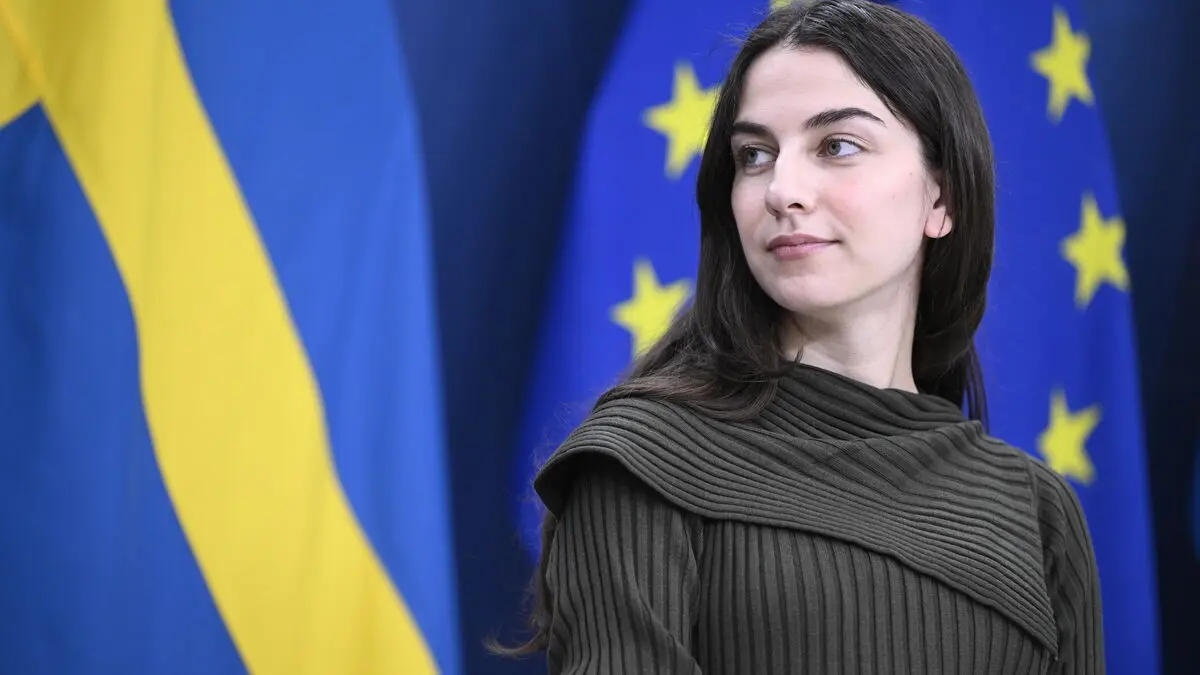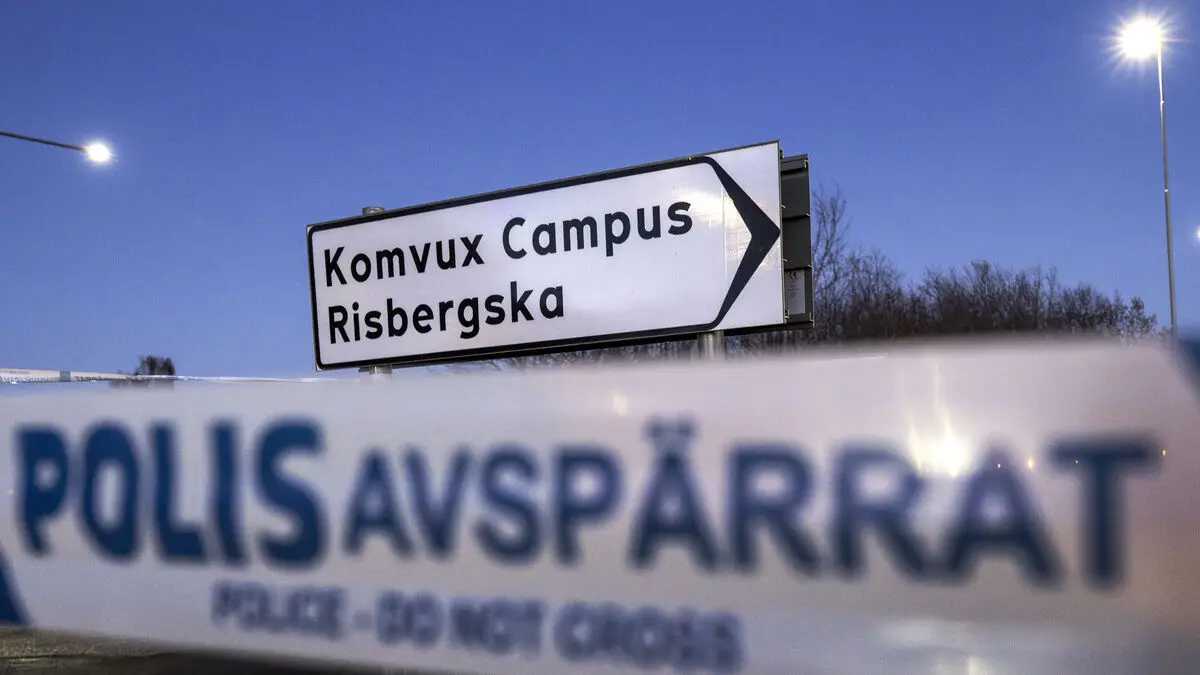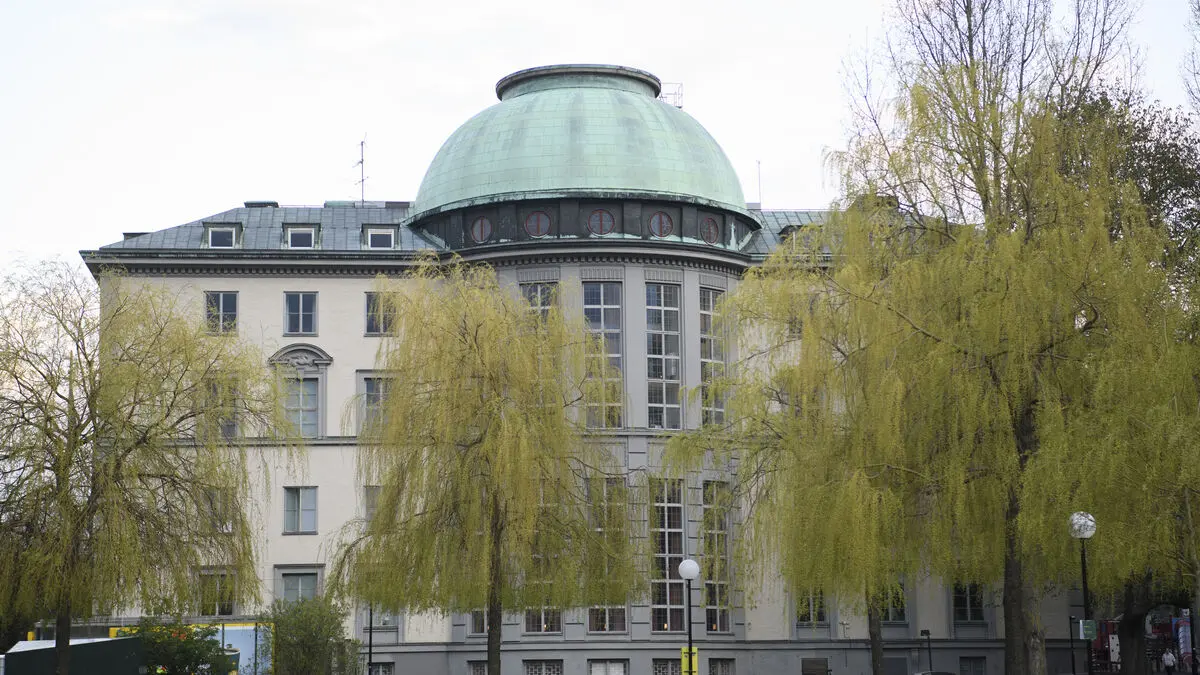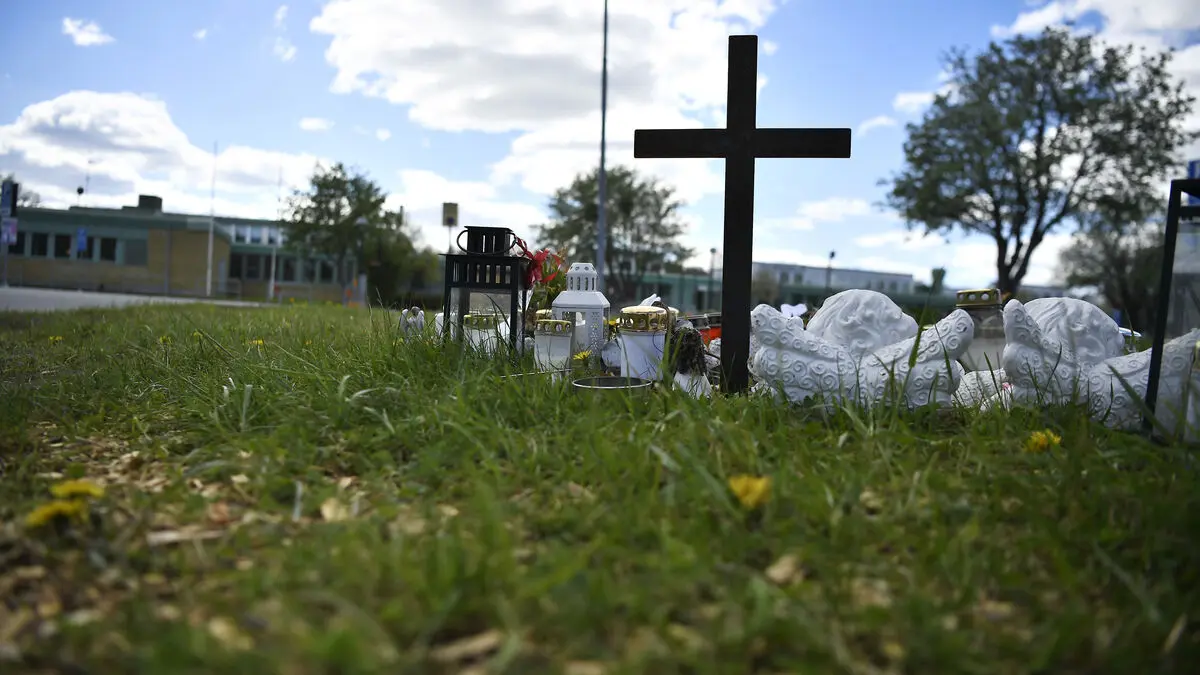The Lebanese Hezbollah is often called a state within a state – but in reality, it is more like a state within a non-state, according to analysts.
The government is a "lame duck" without the power to make any decisions at all, says Hilal Khashan, professor of political science at American University in Beirut, who has written several books about Hezbollah's position in Lebanese society.
For nearly two years, Lebanon has lacked both a president and a government. Instead, the country is led by a transitional government with Prime Minister Najib Mikati at the helm.
But behind the scenes, Lebanon has in practice been in the grip of the Shia militia Hezbollah for nearly 20 years, says Hilal Khashan – ever since the assassination of the Sunni Muslim, Western-friendly Prime Minister Rafiq al-Hariri in 2005, a murder for which several Hezbollah members were later convicted.
Hezbollah controls Lebanon fully, says Khashan.
Hybrid Actor
Neither Lebanon's government nor army has anything to set against the powerful, Iran-backed movement, which functions both as a political party and an armed militia. In January, Prime Minister Mikati said
that the Lebanese state cannot stop the conflict between Israel and Hezbollah – even if it wants to.But the Islamist movement has no plans to seize formal power, according to Hilal Khashan. This way, they can continue to do what they want – without being held accountable to either the outside world or the people at home.
If Hezbollah took power, Lebanon would be sanctioned by the entire world, just like in Gaza when Hamas took power in 2007. Hezbollah prefers to rule Lebanon from behind the scenes.
Ignored Demands
The Shia militia will not go unpunished from the escalated conflicts, believes the professor. Hezbollah is popular among Shia in Lebanon, but among other groups, the resistance is great.
The government cannot defend Lebanon, but the people will not sit quietly and watch. When the fighting is over, Hezbollah will face tough demands for disarmament, says Khashan.
Already after the 2006 Lebanon War, the UN demanded that Hezbollah withdraw all forces and weapons from areas south of the Litani River, north of the border with Israel. That did not happen.
Instead, the movement stayed, and turned the area into an arms depot, says Khashan.
Now they have once again driven the country into war. Non-Shia will not accept Hezbollah's continued dominance after this.
The root of Lebanon's political paralysis lies in the French border drawing of the 1920s, which meant that Muslim groups ended up within the area that France originally intended as a Christian state.
This led to the power distribution that still applies today, where power is balanced between the largest religious groups: Sunni Muslims, Shia Muslims, Christians, and Druze.
The basis for the power sharing is a census from 1932, which showed that Christians were in the majority. Since then, the proportion of Muslims has grown, and the power relations in parliament have been balanced in favor of the Muslim and Druze population, but demands for a new census are a very sensitive issue.
Since 2005, politics has mostly been driven by two large alliances. One is dominated by Sunni Muslims with support from Saudi Arabia and the West, the other by Shia with the militia Hezbollah at the helm and Iran and Syria in the background. Each political faction has enough power to block changes, but not enough to push through necessary reforms.
In parallel with the political division, Lebanon is plagued by severe economic and social conditions, with a currency in free fall and an elite repeatedly accused of corruption.
Facts: Country Guide/UI, Globalis






